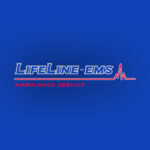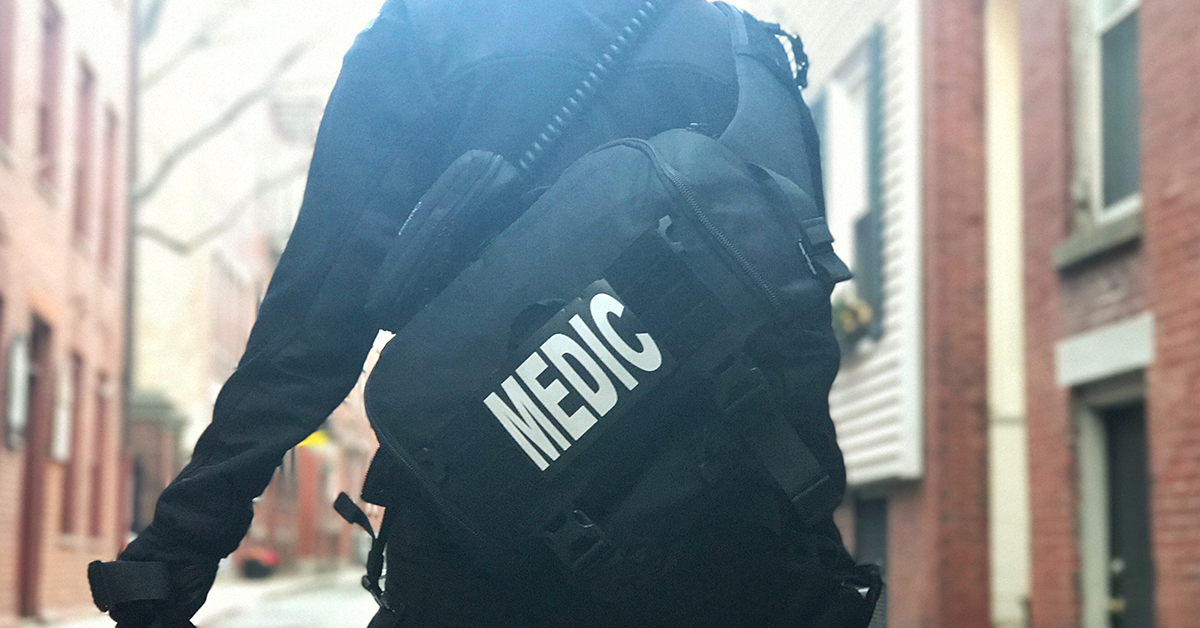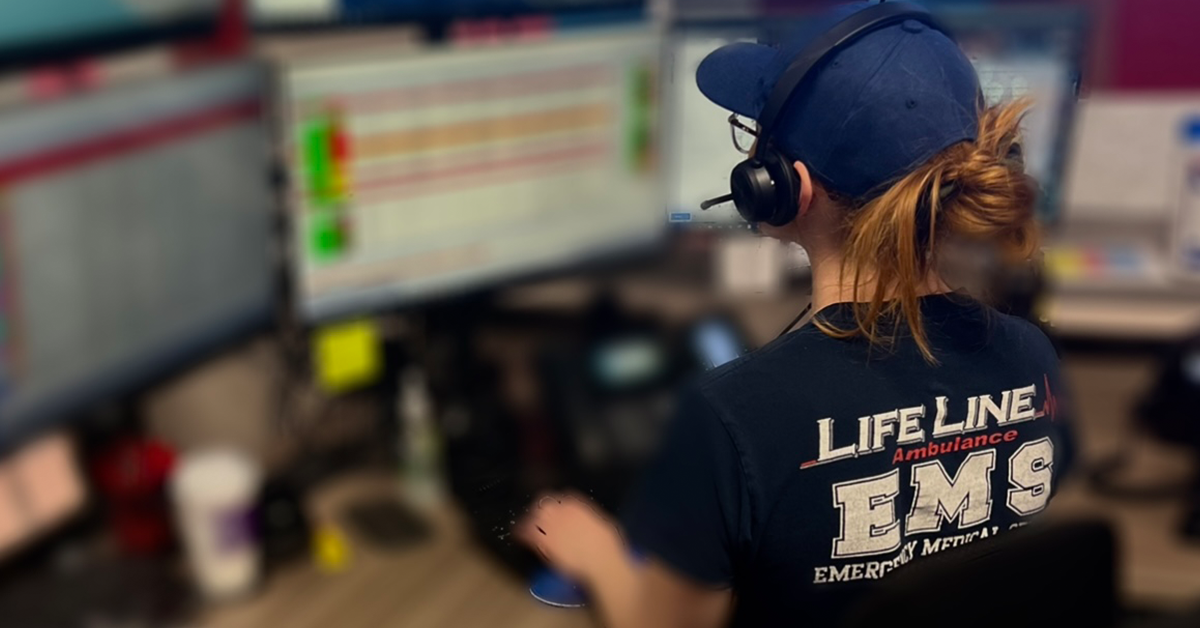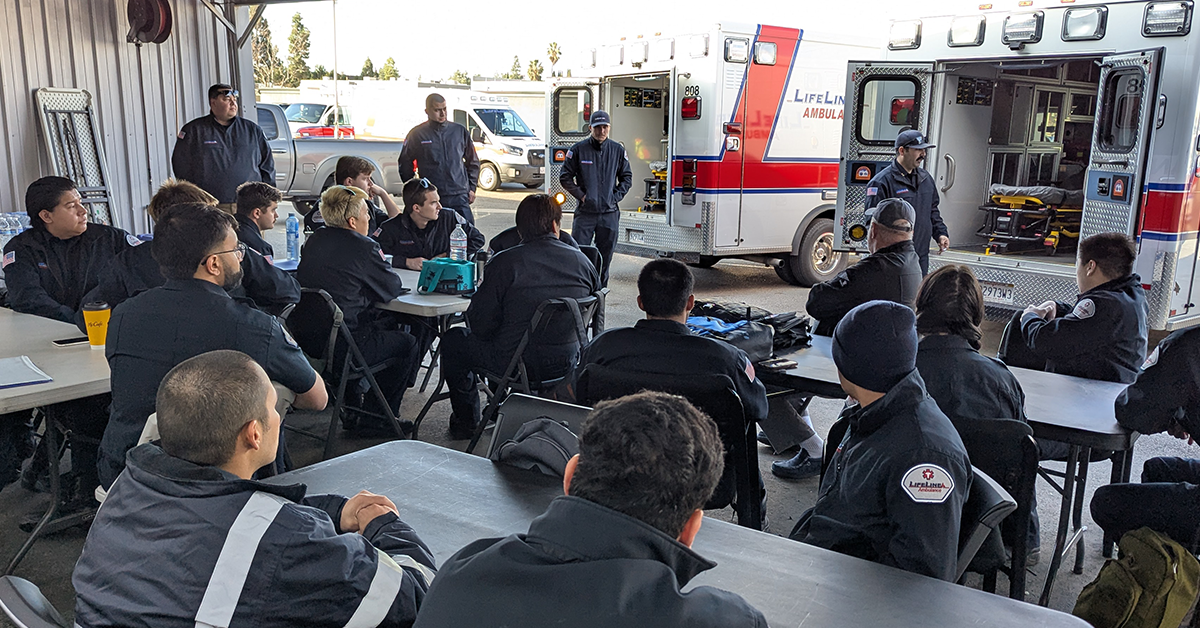When most people think of Emergency Medical Services (EMS), they imagine ambulances rushing to the scene of an emergency. While ambulances are a critical part of EMS, the field encompasses much more than transportation. EMS professionals play diverse and dynamic roles, providing essential pre-hospital care, supporting community health initiatives, and specializing in advanced medical services.
The Foundations of EMS: EMTs and Paramedics
At the heart of EMS are Emergency Medical Technicians (EMTs) and Paramedics. These roles form the foundation of pre-hospital care and are the most visible aspect of EMS operations.
1. Emergency Medical Technicians (EMTs)
EMTs are often the first responders to medical emergencies, providing basic life support (BLS) to patients. Their training equips them to handle a variety of situations, from minor injuries to life-threatening conditions.
- Responsibilities:
- Assessing patient conditions and providing immediate care.
- Administering CPR, oxygen, and basic first aid.
- Transporting patients safely to medical facilities.
- Skills Required:
- Strong communication and decision-making skills.
- The ability to remain calm under pressure.
- Basic medical knowledge and physical stamina.
2. Paramedics
Paramedics receive advanced training beyond that of EMTs, enabling them to provide advanced life support (ALS) and perform more complex medical procedures.
- Responsibilities:
- Administering medications and intravenous (IV) therapy.
- Performing advanced airway management and defibrillation.
- Managing patients in critical conditions during transport.
- Skills Required:
- Expertise in advanced medical techniques.
- Leadership abilities for managing emergency scenes.
- In-depth knowledge of anatomy, physiology, and pharmacology.
Specialized Roles Within EMS
Beyond the traditional roles of EMTs and paramedics, EMS offers a variety of specialized career opportunities that cater to specific patient needs and operational demands.
1. Critical Care Transport Providers
Critical Care Transport (CCT) professionals specialize in transporting critically ill or injured patients who require intensive monitoring and treatment during transit. This role often involves working with advanced medical equipment and collaborating with hospital staff.
- Responsibilities:
- Providing ICU-level care during interfacility transfers.
- Monitoring patients on ventilators or with complex medical needs.
- Administering advanced medications and treatments.
- Skills Required:
- Expertise in critical care procedures.
- Ability to manage complex medical equipment.
- Strong problem-solving skills in high-pressure situations.
2. Flight Paramedics
Flight paramedics provide care during air medical transport, often working aboard helicopters or fixed-wing aircraft. This role requires advanced training and a high level of physical and mental resilience.
- Responsibilities:
- Stabilizing patients during rapid transport to specialized medical facilities.
- Managing emergencies in confined spaces and challenging environments.
- Communicating with ground and hospital teams for seamless care transitions.
- Skills Required:
- Advanced medical training and critical thinking skills.
- Physical fitness and adaptability to varying conditions.
- Comfort with high-altitude and high-speed environments.
3. Tactical EMS Providers
Tactical EMS professionals work alongside law enforcement agencies to provide medical support during high-risk operations, such as SWAT missions or disaster response scenarios.
- Responsibilities:
- Delivering medical care in hazardous or unpredictable environments.
- Assisting in the evacuation of injured personnel or civilians.
- Supporting law enforcement teams with first aid and emergency care.
- Skills Required:
- Tactical training and situational awareness.
- Ability to operate under high-stress conditions.
- Knowledge of emergency protocols and field medicine.
Administrative and Leadership Roles in EMS
For those interested in the operational side of EMS, there are numerous administrative and leadership positions that ensure the smooth functioning of EMS organizations.
1. EMS Supervisors and Managers
Supervisors and managers oversee EMS teams, ensuring that operations run smoothly and that personnel meet professional standards. They often coordinate scheduling, training, and resource allocation.
- Responsibilities:
- Managing EMS staff and field operations.
- Developing and enforcing policies and procedures.
- Addressing performance issues and providing feedback.
- Skills Required:
- Leadership and interpersonal skills.
- Knowledge of EMS regulations and best practices.
- Organizational and problem-solving abilities.
2. EMS Educators and Trainers
EMS educators train the next generation of EMTs and paramedics, providing both classroom instruction and hands-on training. This role is ideal for experienced professionals who are passionate about teaching.
- Responsibilities:
- Designing and delivering educational programs.
- Conducting certification courses and skills assessments.
- Mentoring students and evaluating their progress.
- Skills Required:
- Strong communication and teaching skills.
- Expertise in EMS protocols and procedures.
- Patience and a passion for education.
3. EMS Administrators
EMS administrators focus on the strategic and logistical aspects of EMS operations. They manage budgets, coordinate with community partners, and ensure compliance with healthcare regulations.
- Responsibilities:
- Overseeing the financial and operational aspects of EMS organizations.
- Collaborating with hospitals, government agencies, and community leaders.
- Developing initiatives to improve service delivery and patient care.
- Skills Required:
- Strong analytical and decision-making skills.
- Knowledge of healthcare administration and public policy.
- Experience in budgeting and resource management.
Emerging Roles in EMS
As healthcare evolves, new roles are emerging within EMS to address changing needs and leverage technological advancements.
1. Community Paramedics
Community paramedics provide non-emergency care to patients in their homes, reducing the strain on emergency departments and improving access to healthcare.
- Responsibilities:
- Conducting wellness checks and preventive care visits.
- Assisting patients with chronic disease management.
- Connecting individuals with social and medical resources.
- Skills Required:
- Strong interpersonal and communication skills.
- Knowledge of community health principles.
- Empathy and cultural competence.
2. Telemedicine Support Providers
Telemedicine is becoming an integral part of EMS, allowing providers to connect patients with remote physicians for real-time consultations.
- Responsibilities:
- Facilitating telemedicine consultations during patient care.
- Operating communication equipment and technology platforms.
- Documenting interactions and following up with care instructions.
- Skills Required:
- Familiarity with telehealth technology.
- Strong communication and documentation skills.
- Adaptability to technological advancements.
How LifeLine EMS Supports Diverse Roles in EMS
LifeLine EMS, a leading provider in Los Angeles and Southern California, is dedicated to fostering diverse career opportunities within EMS. Whether you’re an aspiring EMT or an experienced professional looking to specialize, LifeLine EMS offers resources and support to help you thrive.
1. Comprehensive Training Programs
LifeLine EMS provides extensive training for new EMTs and paramedics, ensuring they are prepared to excel in their roles. Ongoing education opportunities allow team members to pursue advanced certifications and specializations.
2. Career Advancement Opportunities
LifeLine EMS encourages career growth by offering clear pathways to advancement. From paramedic training to leadership roles, employees are supported in achieving their professional goals.
3. State-of-the-Art Technology
With cutting-edge equipment and technology, LifeLine EMS equips its teams to perform at the highest level. This includes telemedicine integration, advanced life support tools, and electronic patient care reporting systems.
4. Supportive Work Environment
LifeLine EMS fosters a collaborative and inclusive workplace where team members feel valued and supported. Mentorship programs and peer networks provide additional guidance and encouragement.
Keep Reading
Want more? Here are some other blog posts you might be interested in.
In the high-stakes world of emergency medical services, clear and effective communication can mean the difference between life and death. EMS professionals...
Emergency Medical Services is an ever-evolving field that requires constant learning and adaptation. With medical advancements, technological innovations, and increasing public health...
Emergency Medical Services s a high-stress, physically demanding profession that requires dedication, quick decision-making, and resilience. While the rewards of saving lives...






